5 Dangerous Games for Kids Parents Should Watch Out For in 2025
Technology brings countless benefits, especially in education. However, easy access to the digital world also exposes children to dangerous games for kids. Many parents believe games are harmless fun, but in reality, some can negatively impact a child’s development.
This article will cover a list of dangerous games for kids, the risks they pose, and how parents can guide their children toward healthier digital habits.
Why Are Some Games Dangerous for Kids?
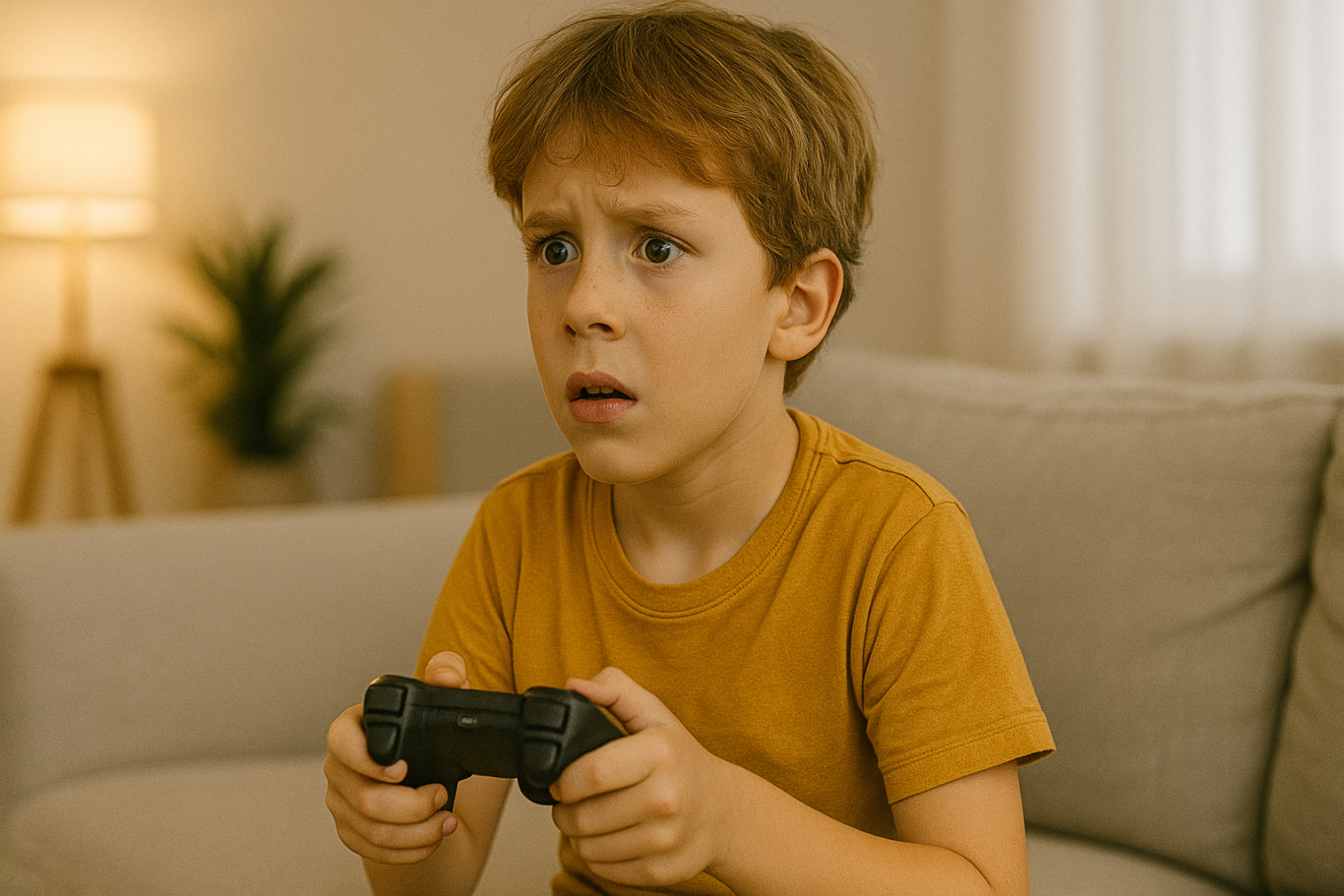
Before diving into the list of dangerous games for kids, it is important to understand why certain games pose risks. Here are some of the most common dangers:
- Gaming Addiction
Games with instant rewards or endless gameplay loops make it hard for kids to stop playing. This often disrupts their study time, sleep schedule, and daily routine. - Exposure to Violence and Aggression
Shooting and fighting games can influence a child’s behavior. Over time, constant exposure may lead to increased irritability or mimicry of violent actions. - Negative Online Interactions
Online multiplayer games expose children to strangers without proper safeguards. This can lead to cyberbullying, exposure to inappropriate language, and negative social influences. - Physical Health Neglect
Prolonged gaming reduces physical activity. This increases risks of obesity, posture problems, and overall sedentary lifestyle habits. - Inappropriate Ads and Microtransactions
Many games target children with in-game purchases and advertisements. Without understanding the implications, kids may make unintended purchases or see content not suitable for their age.
List of Dangerous Games for Kids
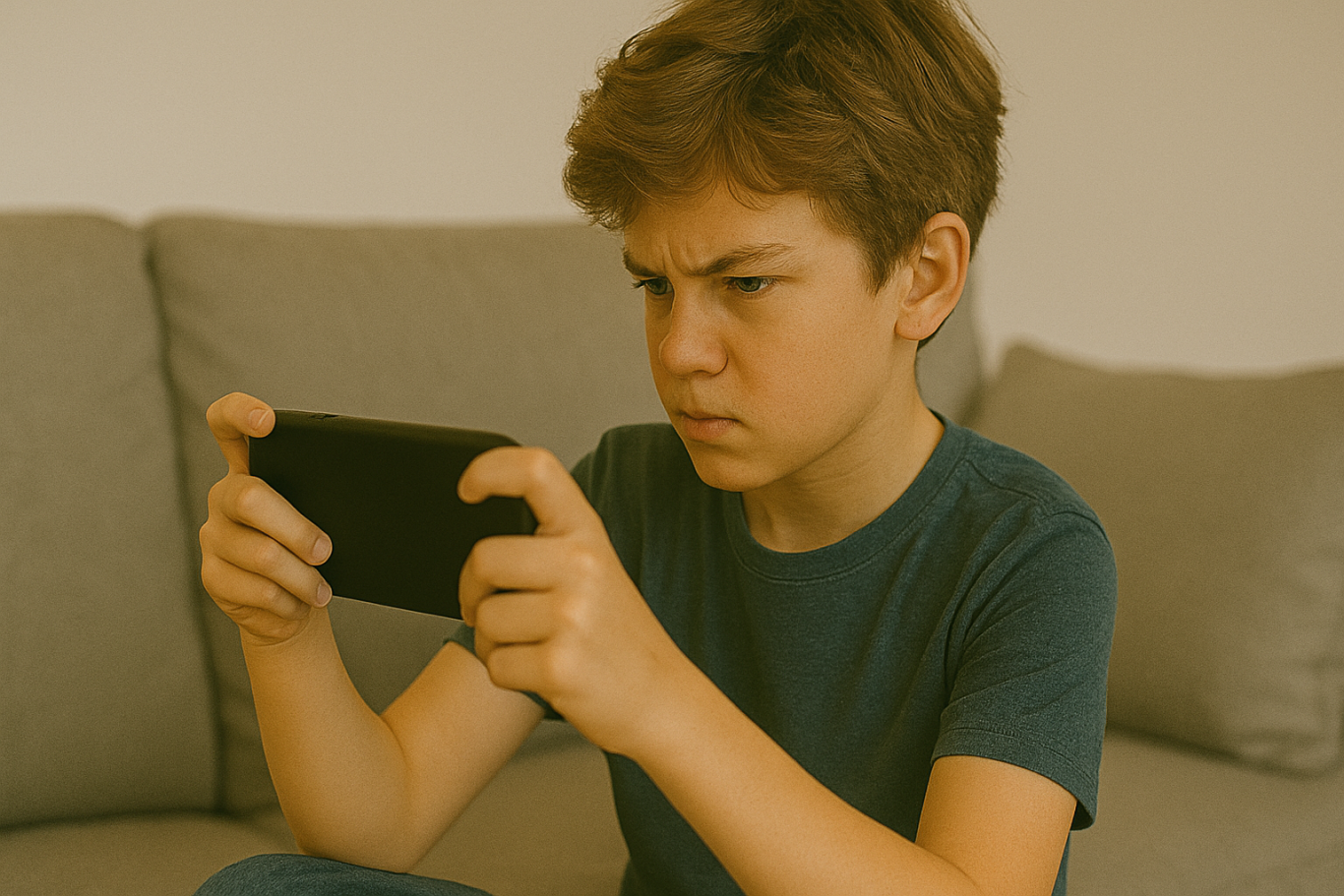
Here are some examples of dangerous games for kids that require close parental supervision or should be avoided entirely.
1. Free Fire
A popular battle royale game known for fast-paced action and violence. Free Fire carries risks of addiction and can influence aggressive behavior patterns in children.
2. PUBG Mobile
Similar to Free Fire, PUBG Mobile features intense combat and survival modes. Its competitive nature can lead to emotional stress and obsession with winning.
3. Call of Duty Mobile
This game presents high-level realistic violence. The combination of vivid graphics and intense sound effects can have a strong psychological impact on younger players.
4. Grand Theft Auto (GTA) Series
GTA is infamous for its explicit content, extreme violence, and criminal elements. This series is highly inappropriate for children and is not recommended under any circumstances.
5. Roblox (Without Supervision)
While Roblox can be safe with moderation, user-generated content within the platform is not always child-friendly. Without proper supervision, children can stumble upon games with violent or negative themes.
The Dangers of Gaming Without Parental Supervision
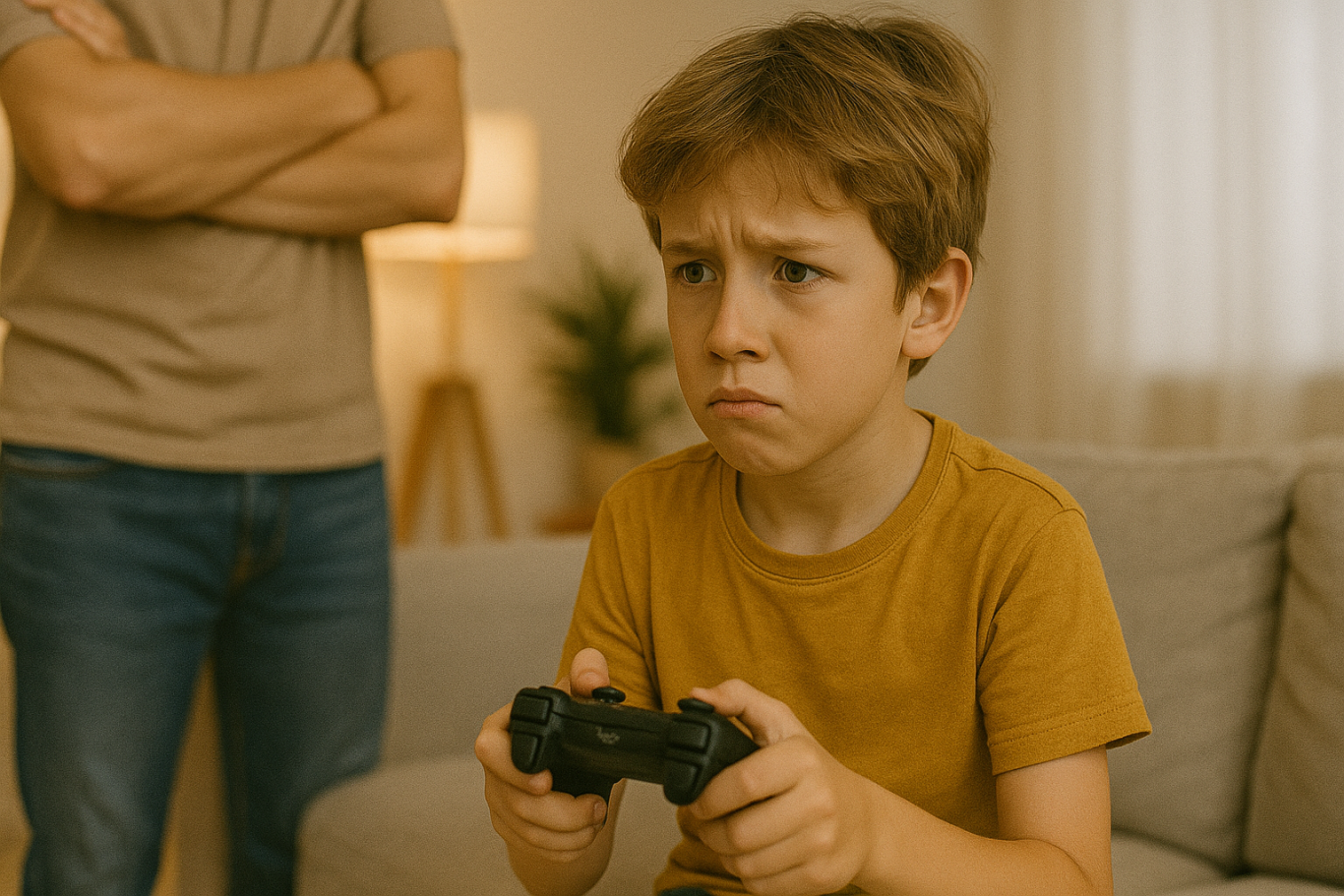
Unsupervised gaming can amplify the dangers of gaming for kids. Beyond excessive screen time, gaming without limits may affect children’s behavior, habits, and even personal data security.
That is why parental involvement is key. Instead of simply banning games, parents should redirect their children’s attention to positive digital experiences that foster growth and learning.
Redirecting Kids to Positive Digital Activities
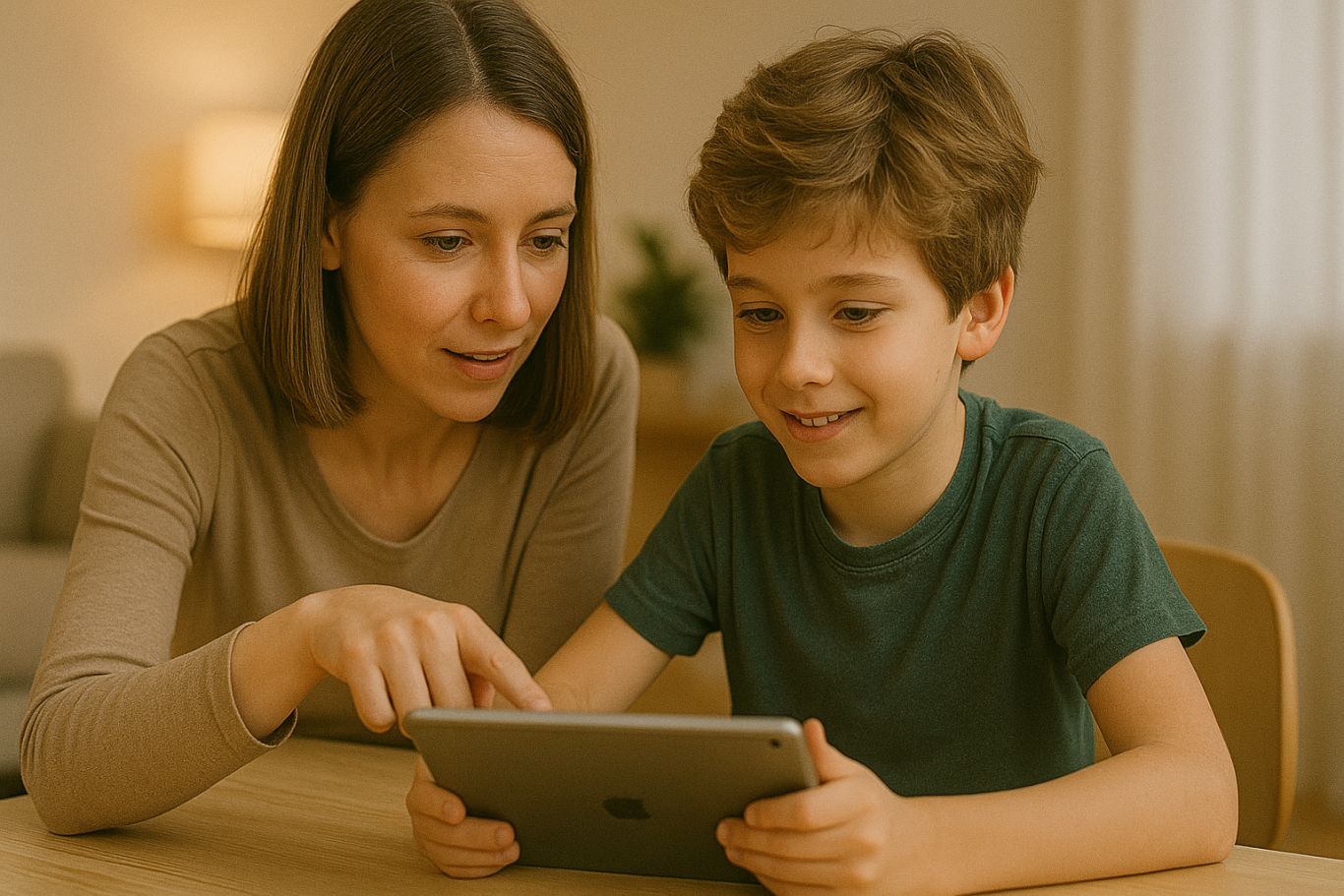
One effective way to shift attention from dangerous games for kids is to introduce children to productive digital activities, such as learning to code.
Coding teaches children logical thinking, patience, and problem-solving skills. Just like solving puzzles, coding involves structured steps that train children to think critically and creatively. With interactive and fun approaches, children can enjoy their time online while gaining valuable skills.
Practical Tips for Parents to Handle Gaming Risks
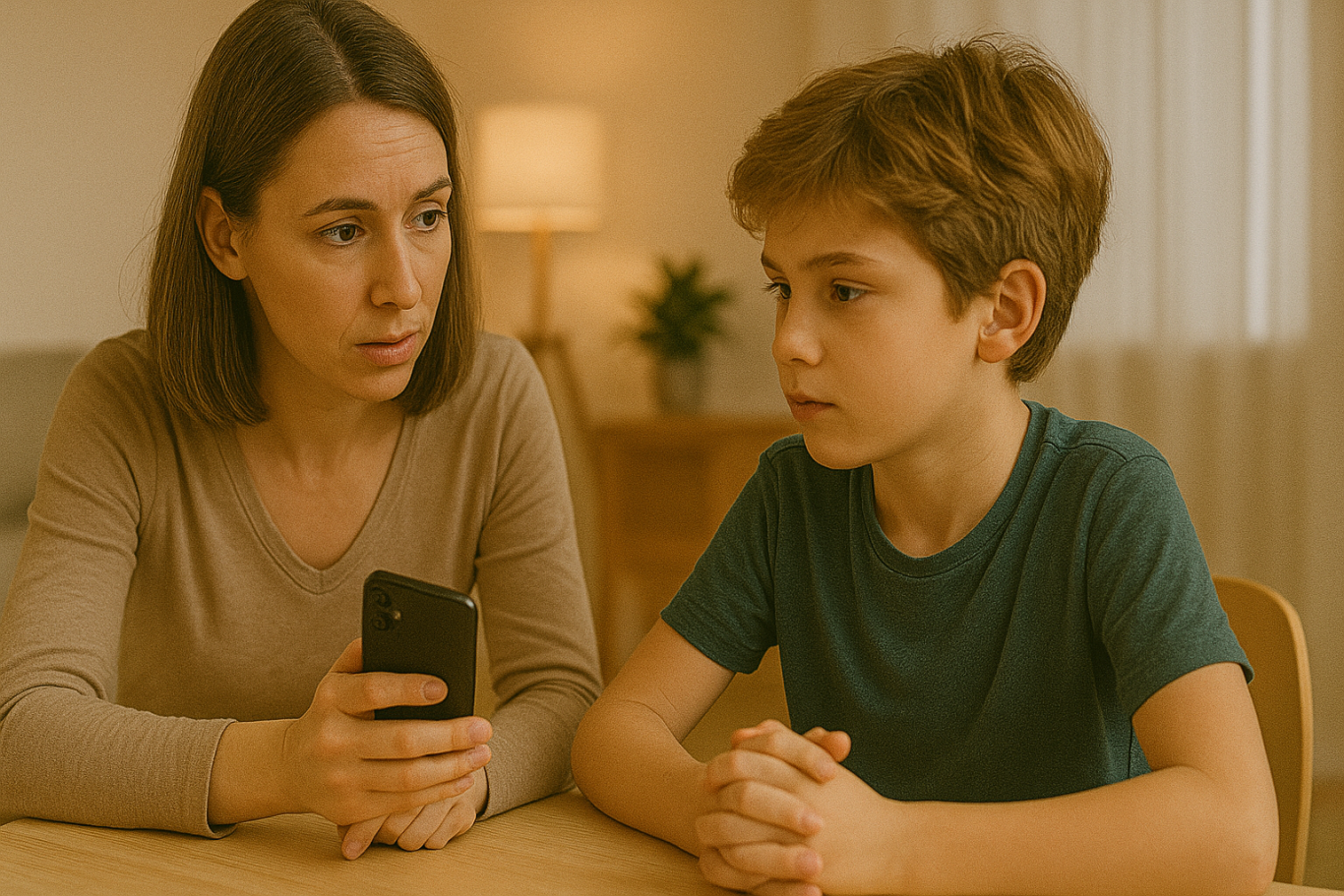
To prevent children from falling into harmful gaming habits, parents can take these practical steps:
- Monitor the games your child plays. Always check age ratings and trusted reviews.
- Set clear and consistent limits on gaming time. Enforce healthy boundaries.
- Discuss the dangers of gaming for kids openly. Focus on educating rather than just restricting.
- Introduce productive digital activities. Coding, graphic design, and digital art are excellent alternatives.
- Balance screen time with physical activities and family time. Ensure children stay active and socially engaged offline.
Being Smart About the Digital World

Not all games are harmful, but it is crucial for parents to identify which are safe and which are dangerous games for kids. The solution is not solely about restrictions but also about providing direction. When children are guided toward positive digital experiences, they can benefit from technology in constructive ways.
Introducing children to coding is a meaningful alternative. It develops structured thinking, problem-solving, and opens up creative opportunities in the digital world.
Free Coding Classes at Timedoor Academy
Timedoor Academy offers free coding classes for kids, designed with fun, interactive lessons suited for young learners. This can be a great alternative to help children stay engaged with digital media in a productive and educational way.

Ingin tahu detail program?
Register now and help your child explore a healthier digital lifestyle:
Join Timedoor Academy’s Free Coding Trial Class